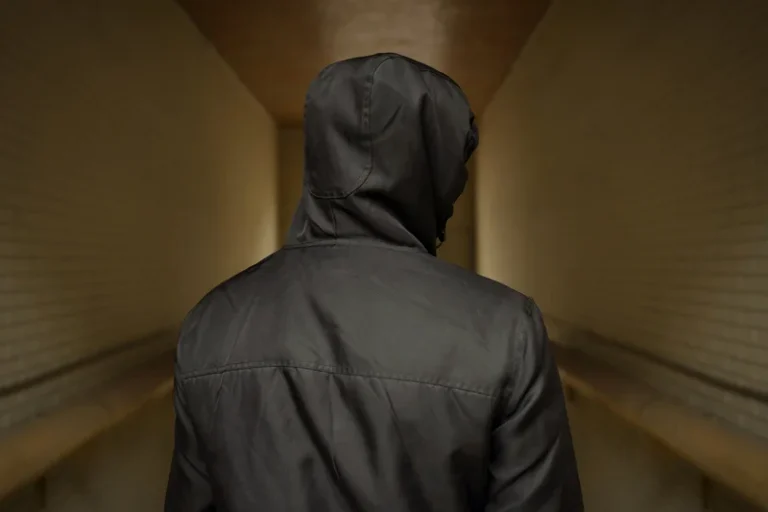
Former substance users may find themselves more likely to relapse or become codependent. Arguably two of the most damaging potential outcomes of relational trauma include negative self-image and poor choices in a romantic relationship. It is very common to see a person who has experienced past relational trauma enter into a romantic relationship where the dynamics of their early trauma continue replaying. For example, a person who experienced significant neglect from a dismissive or invalidating caregiver may find themselves with a romantic partner who mirrors these early experiences. It is important to take inventory of your current relationships so you can identify those that will help or hinder your progress toward health and healing in recovery. Moreover, consider whether relationships that are not supportive of your priorities deserve your time and energy.
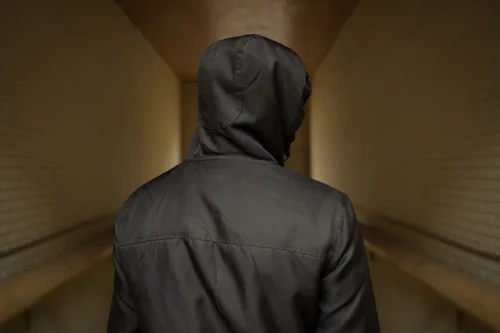
Don’t Keep Your Child’s Addiction a Secret
Learning to tackle your dependency is just one piece of a larger puzzle that includes learning to create healthy relationships with yourself, others, and real-life situations. Therefore, the right time to start dating in recovery is after you understand yourself, your triggers, values, and morals. Many with histories of relational trauma have experienced abandonment and betrayal from people they trusted, leaving them with emotional scars. The matching theory of attraction suggests that people often seek out romantic relationships with people who share similar dispositions and skills with themselves. But in early recovery, people are still finding new ways of approaching life, building healthier communication habits, and learning what recovery means.
Dating can contribute to a risk of relapse in early sobriety.
- Cole has an inspirational wife, Veronica, and two beautiful children, Eliana and Wyatt.
- Recovery from addiction is a challenging journey, and maintaining or starting romantic relationships during this time can add another layer of complexity.
- Surrounding yourself with people who understand and respect your journey can make a significant difference in your overall well-being.
- Discover the difference between drug detox and drug addiction rehab, and find the right path to recovery.
- Conversely, unhealthy dynamics pose serious risks, emphasizing the need for cautious and deliberate engagement with others while prioritizing personal growth.
When both partners are navigating their recovery journeys, the risk of enabling behaviors may increase, potentially resulting in relapse if one partner falters. It’s also essential to acknowledge that sobriety can intensify existing issues in relationships. Partners must navigate the complexities that arise romantic relationships in recovery and utilize healthy communication to address concerns. Establishing boundaries during this phase is vital, as it helps both individuals maintain their sobriety without compromising their emotional well-being.
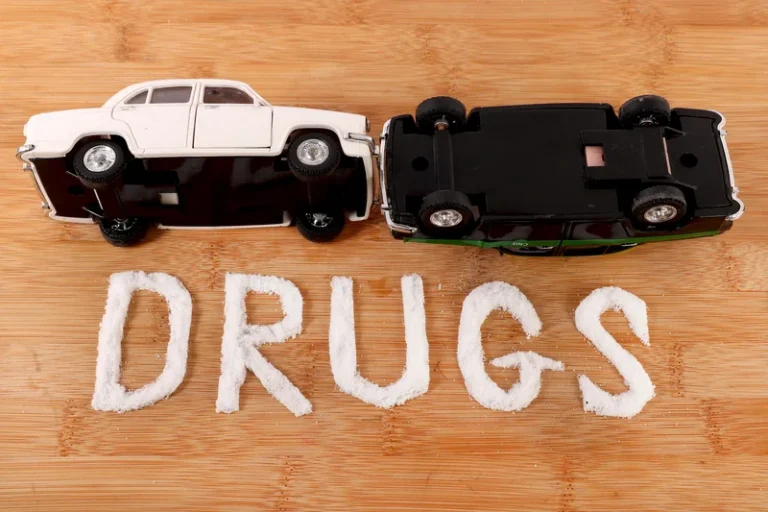
Make sure your partner is supportive of your recovery
There are risks and rewards to having romantic relationships while in recovery, generally more risks. Yet, there are more rewards to having strong, supportive friendships and people around you who support your recovery. For many who leave drug rehab or have completed a program, counseling, therapy, or any form of substance use treatment, there is a strong urge to start a relationship. Yet, there are complexities of finding love and maintaining a healthy relationship. It’s impossible, of course, to quantify love as a drug in the addiction-and-alcoholism-treatment sense of the word. Love isn’t an external mind- or mood-altering chemical that is consumed in the form of a drink or a pill or an intravenous injection.
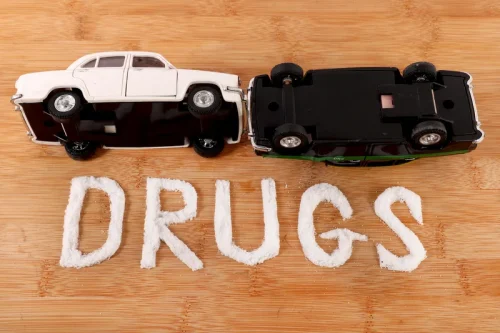
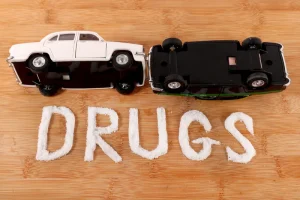
Conversely, you might need to recognize which relationships are toxic and harming to your recovery and take steps to reduce their impact. It is all too common for two recovering addicts to find each other attractive, having so many things in common. But before entering a relationship with someone in recovery, carefully weigh the pros and cons and get some expert advice. Most experts will tell them that this is not a good idea for many reasons. Any new relationships will just be a distraction from a healthy Alcohol Use Disorder recovery.
- Getting into a relationship in early recovery can create a pattern of using relationships as distractions, that continues long into recovery.
- You may be concerned about how others will react or judge you when you share your recovery status.
- Anyone in recovery from addiction should ideally prioritize their recovery and personal growth.
- Sobriety brings significant changes to romantic relationships, often leading to improved communication, increased trust, and deeper emotional connections.
In conclusion, when entering into relationships in recovery, you should let a counselor know. It’s important for aspects of relationships to be incorporated into the tailored-for-you treatment program at the addiction rehab. Instead of being dependent on drugs and alcohol, people in recovery may become dependent and addicted to the https://ecosoberhouse.com/ relationship. Some relationships are constant, like one’s family and long-term friends, and the stability and support that they can provide is a fantastic recovery aid.
- At The Bluffs Addiction Campuses, we understand the importance of addressing these challenges as part of a comprehensive recovery program.
- The notion that “two dead batteries can’t start a car” illustrates that individuals must achieve a degree of personal stability before initiating romantic pursuits.
- At Recoverlution, we try to present balanced arguments and weigh up each side carefully.
- During their first year of sobriety, their sole focus should be on rediscovering themselves.
- Do not undermine your own mental and emotional health if you are supporting someone in recovery.
- You may feel overjoyed one minute, boiling with rage the next, and then hopelessly sad.
Trauma Bonding and Loyalty
Professional guidance can provide valuable insights and strategies for managing the complexities of relationships during recovery. At Discover Recovery, we encourage seeking support to navigate the challenges and build a strong foundation for a healthy relationship. In early recovery, you’re still getting re-acclimated to your sobriety, experiencing the full extent of your emotions, and trying to figure out the next steps to take. The problem with pursuing relationships at this time is that the relationship will end up taking more and more of your time and focus. In other words, a romantic relationship will pull your focus from the things that you should actually be focused on while you’re still so new to sobriety.
